Editor’s Note
As the currency for international financial transactions, it is the Dollar on the wane! Is the Yuan on the rise? Yes, the Yuan is on the rise. The Ukraine War and sanctions imposed on Russia have worked in Yuan’s favour, just as stopping Russian use of the SWIFT system has led to a rush for deals in Yuan. However, Yuan has a long road ahead, and not necessarily smooth, especially with the lack of transparency of Chinese Financial Systems inhibiting the build-up of confidence in the Yuan.
…………………………………………………………………………………………………………………………..
The then French Finance Minister under General Charles de Gaulle, Valery d’Estaing, had described the international hegemony of the US Dollar as an “exorbitant privilege.”
This “exorbitant privilege” appears to be under serious challenge from the Chinese Renminbi (Yuan). China recorded phenomenal growth over the past 25 years and is today the second largest economy based on the market exchange rate and the largest on purchasing power parity. It has emerged as the largest trading partner of India, Germany, Japan, Brazil, and many other nations.
Over the years, China has taken several steps to increase the global acceptability of the Yuan. Its efforts enabled its inclusion in the Special Drawing Rights (SDR) basket on 1 October 2016.
In 2015, China launched the “Cross Border Interbank Payments System” (CIPS) to facilitate cross-border payments in Yuan. In 2018, it launched the world’s first Yuan-denominated Crude Oil Futures contract to facilitate exporters to sell oil in Yuan. Yuan overtook the Dollar for the first time to become the most widely used currency for cross-border transactions in China in March 2023.
Its rising global status has seen China become the largest lender in the world, extending over $1.5 trillion to nearly 150 nations. Pakistan is its largest debtor with nearly $27.5 billion in loans and enjoys the privilege of rolling over payments, as this 11 July rollover of $ 5 billion loan payment indicates.
China is also developing a Digital Yuan to be one of the first Central Banks to have digital currency. On the mainland, to increase the availability of the Yuan, it recently increased the trading hours of Yuan.
These efforts have seen Yuan become the fifth most traded currency in the world, having risen from 35th place in 2001. As of April 2023, Yuan is the fifth most actively used currency for global payments, up from the 30th place it was in 2011.
Ukraine war and the sanctions imposed by the West on Russia, excluding it from the Dollar-based payment system- Society for Worldwide Interbank Financial Telecommunications (SWIFT), demonstrated the weaponisation of the Dollar, a point noted not only by China but also by many energies deprived nations.
Russian exclusion from SWIFT saw it increase its exports to China and permit receipt of payments in Yuan. Since February 2023, Yuan has been the most actively traded currency in Moscow Exchange. This has encouraged many energy-strapped nations to secure their energy security by buying Russian Crude available at a discount in Yuan, thereby circumventing sanctions and reducing dependency on Dollar.
India, a strategic ally of the US in South Asia and Indo-Pacific but also a powerful ally of Russia, has emerged as the largest importer of Russian oil. Indian import of Russian oil has increased from 1.7 million barrels to 63.3 million barrels since the conflict in Ukraine. Besides Indian State oil companies, two private companies, Nayara Energy and Reliance Industries too, have imported discounted Russian oil, which they have refined and exported, earning valuable foreign exchange for India. Indian exports to the EU have increased from 1.1 million barrels in January 2022 to 7.4 million barrels in April 2023, a 572 per cent increase.
Using Yuan for Indian imports would make Yuan strong and give China, our arch enemy, a fillip to dominate the world order. Initially, India refrained from purchasing Russian oil with Yuan. It tried to settle the payment in Rupees, but Russia declined. As the value of Rouble was hard to fix, it was ruled out as a currency for payment. Even payment through the Dirham of UAE was explored, but the increasing acceptability of the Yuan in Russia and its increasing availability forced India to use Yuan to pay Russian crude. India’s compulsions were those of ensuring its energy security and safeguarding its citizens from the sharp increase in oil prices experienced by the world post the onset of the Ukraine war. India’s oil imports from Russia constitute 40 per cent of its total imports for the year 2023.
Prior to India, Pakistan had inked a deal with Russia to import 100,000 metric tons of Russian crude using Yuan as the currency for payment. By doing so, energy-strapped Pakistan, which could not afford to pay in Dollars due to its financial meltdown, found its strategic ally China’s Yuan as a lifeline to import Russian crude.
The exclusion of Russia from SWIFT posed problems to our neighbour Bangladesh for payment of $318 million to Rosatom State Atomic Energy Corporation for the construction of a nuclear power plant. Reassessing its payment options, it took the cue from India and opted to make payments in Yuan through China’s CIPS.
Sri Lanka, in 2022, suffered a financial meltdown severely affecting its import of crude oil due to a lack of foreign exchange reserves in Dollars. Late in 2022, Sri Lanka owed China $7.3 billion, constituting 19.6 per cent of its total external public debt. Amid the financial crisis, China deferred its loan and interest payments by two years to ease the financial crisis. It also loaned Sri Lanka $2.83 billion to tide over its financial crisis. Sri Lanka has contracted 90,000 tons of Russian crude worth $72.6 million given its proximity to China, it was natural that Sri Lanka opts for Yuan as the currency to trade with Russia.
In other examples of growing acceptance of the Yuan as a payment option for trade instead of Dollars, France is exporting LNG to China and accepting its payment in Yuan. At first, a Brazilian bank controlled by a Chinese state bank became the first Latin American bank to trade through Chinese CIPS directly. Iraq, too wants to trade with China in Yuan and in the UK, retail giant Tesco wants to pay in Yuan for its imports from China.
Despite the success of the Yuan as the favoured currency for trade with Russia, the trading volume of the Yuan globally is still less than a tenth of the US Dollar. At the end of a trading day, internationally, all trading values are converted into Dollars with very little in any other currency. In payment settlements, 42.7per cent of the payments are settled in Dollars, 31.7 per cent in euro and less than 2.3 per cent in Yuan.
Late in 2022, in preference of currency to stockpile foreign exchange reserves, Dollar accounted for 58 per cent, Euro had a 20 per cent share, and Yuan made up less than 3 per cent.
As per US Federal Reserve data released in June 2023, between 1999 and 2019, Dollar accounted for 96 per cent of trade in North and South America, 74 per cent in Asia -the Pacific region and 79 per cent in the rest of the world. On Chinese Yuan, it stated that though its usage has increased in the last 20 years, it still lags behind the Japanese Yen and British Pound.
Yuan is not freely available as China keeps a firm grip on the circulation of Yuan within and outside China. Such government controls and limited transparency of Chinese financial systems make the Yuan suspect, and it will be a long time before it becomes a dominant currency.
But the world has been stifled by the hegemony of the US Dollar and its unprincipled weaponisation. The rise of the Yuan, albeit due to the Ukraine war, is a welcome change for many. Many strategic alliances have discussed the need for de-dollarisation. BRICS, whose combined GDP is more than that of the G7 nations and has its own bank, the New Development Bank, is contemplating the launch of a BRICS currency.
Yet, for India, the understanding that a powerful Yuan makes our arch enemy China economically and militarily very strong with very negative repercussions for India globally, as China will leave no stone unturned to undermine India’s interests, not only in South Asia but also globally. It’s a bitter truth that we Indians must be alive too. It may also put a spoke in the India – Russia relations. The worst-case scenario will be if China forces India to pay for over $100 billion in Chinese imports in Yuan. China today is India’s largest trading partner but for China India is 13th.
Therefore, it is in India’s interest to become self-sufficient in energy by investing heavily in New and Renewable forms of energy to power its growth. It also needs to diversify its supply chains from China to friendlier and more advanced nations for its imports from China, which in 2022 accounted for $102.25 billion.
With NATO cleverly denied membership to Ukraine, thereby avoiding the commitment of the entire NATO to an all-out war with Russia and yet providing it new and sophisticated arms to fight the Russian aggression, the Ukraine war, sanctions on Russia, and the trade of Russian crude in Yuan seems to be in for a long haul.
We must take all measures, however harsh, to make the Indian economy and Indian Rupee strong, to wean ourselves away from not only Chinese imports but also from all scenarios forcing us to adopt the Yuan as currency to pay for any imports, like in this instance the Ukraine war has forced us in respect of import of discounted Russian crude.
Col RN Ghosh Dastidar (Retd)




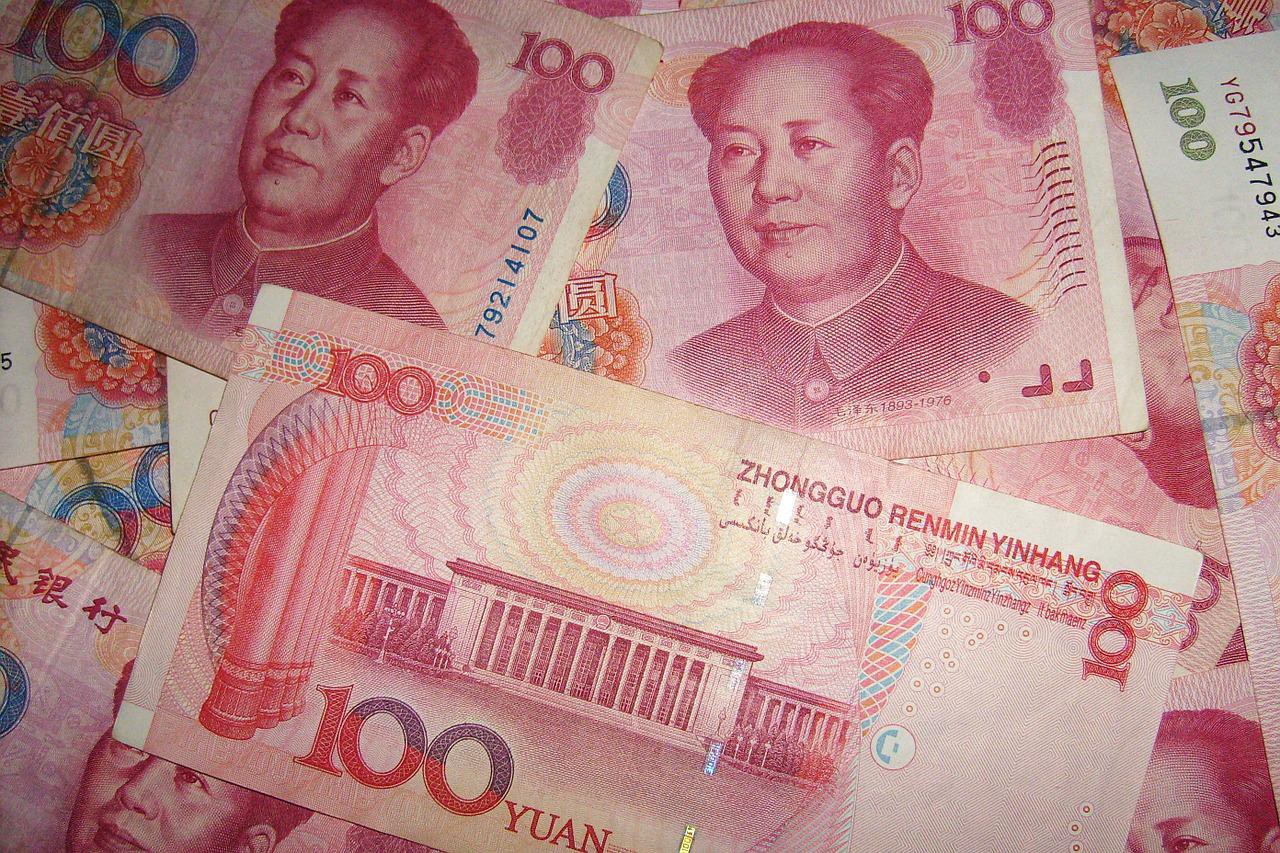

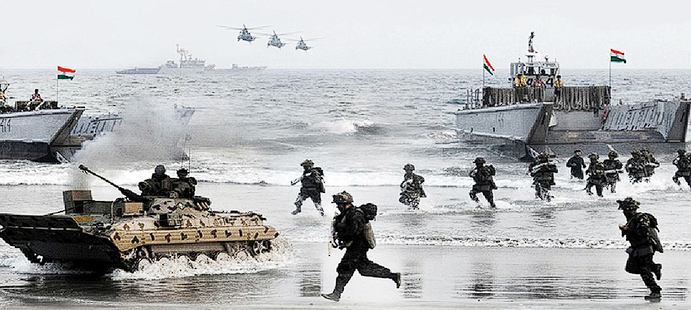
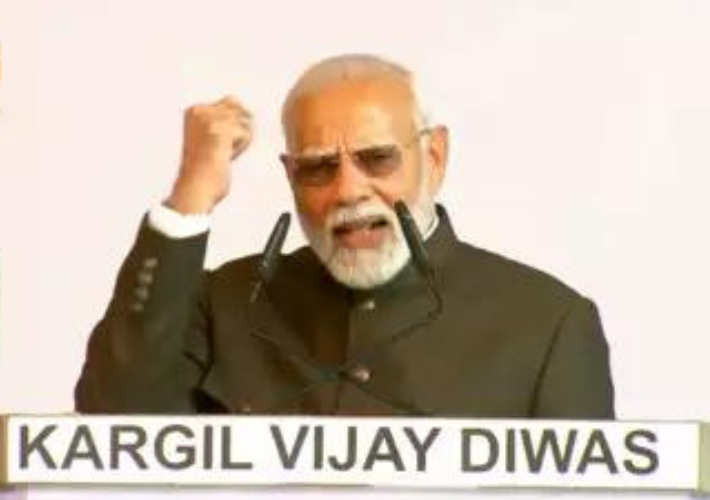
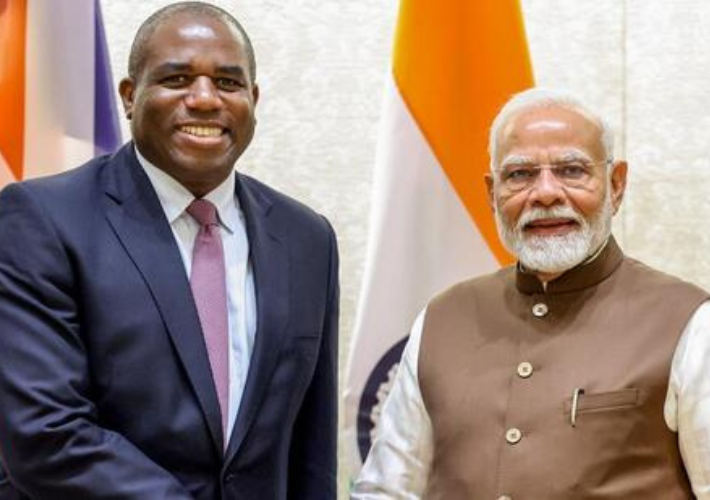
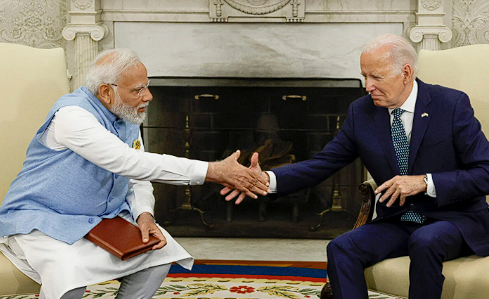

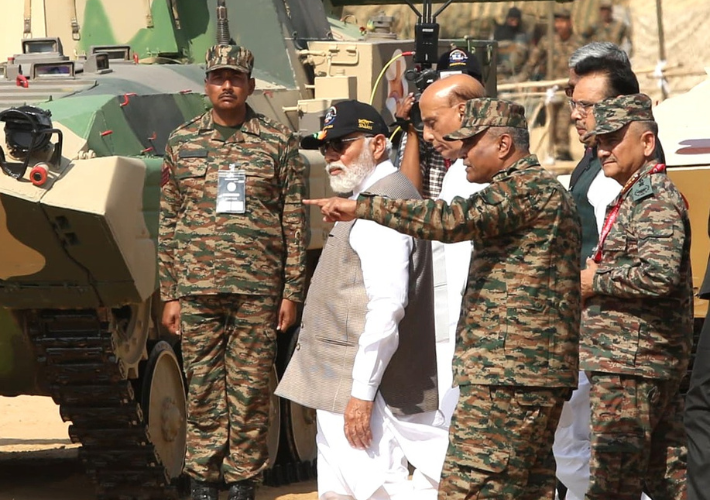
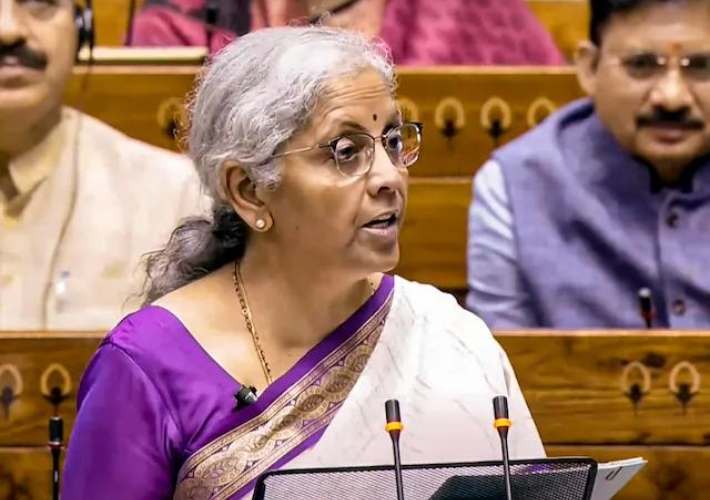
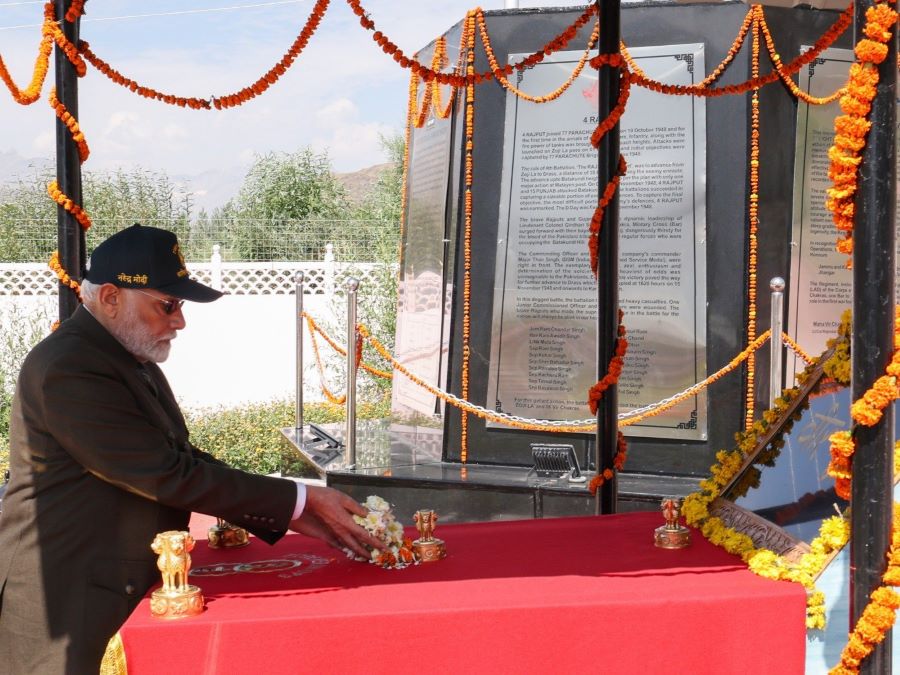
4 Comments
Col RS Sidhu
A very well articulated paper that gives out the pitfalls of trading in Yuan. The increased acceptability of Yuan is impacting India’s near abroad by giving China increased influence.
However, there’s an upside too. Just like Dokalam 2017 and Galwan 2020 have forced India to upgrade its militarily infrastructure along northern borders with China Occupied Tibet, the reluctant settling of its energy imports from Russia in Yuan is forcing the Indian government to fast track measures that will enhance international acceptability of Indian rupee for settling bilateral trade.
Currently India is required by Russia to settle only 10% of energy imports in Yuan. Rest is being settled in Rupee and Durham. However, India is importing more than its current energy needs, to refine and resell at a profit to energy starved Europe. These refined energy exports are providing India vital foreign exchange earnings in US $.
There’s a geopolitical aspect to the Russian insistence to accept 10% payment for Indian energy imports in Yuan. It’s in Russia and China’s interest to push international trade settlements away from US $. India too is making windfall profits by refining and reselling oil to Europe, thus increasing its geopolitical heft in EU.
It reflects a very interesting intertwining of geopolitics and geoeconomics !!!
Rabindra
Well said RS. It adds great value to this article.
Vinod Kumar Sharma
Colonel Dastidar has analysed in great details the requirement of strengthening our economy and currency so that we are not unduly exploited and coerced by the world Economic powers. For this we have to prioritise our energy self sufficiency efforts and reduce imports. It also highlights the selfish games being played by the world powers to enhance their military and economic interests at the cost of developing and poor countries. As a citizen it is also our moral duty to encourage indigenous renewable forms of energy products and other daily use items.
Samarth
It’s soo very interesting to read how the economy of a nation is directly impacted and intertwined with an armed conflict thousands of miles away.
Delightful read!